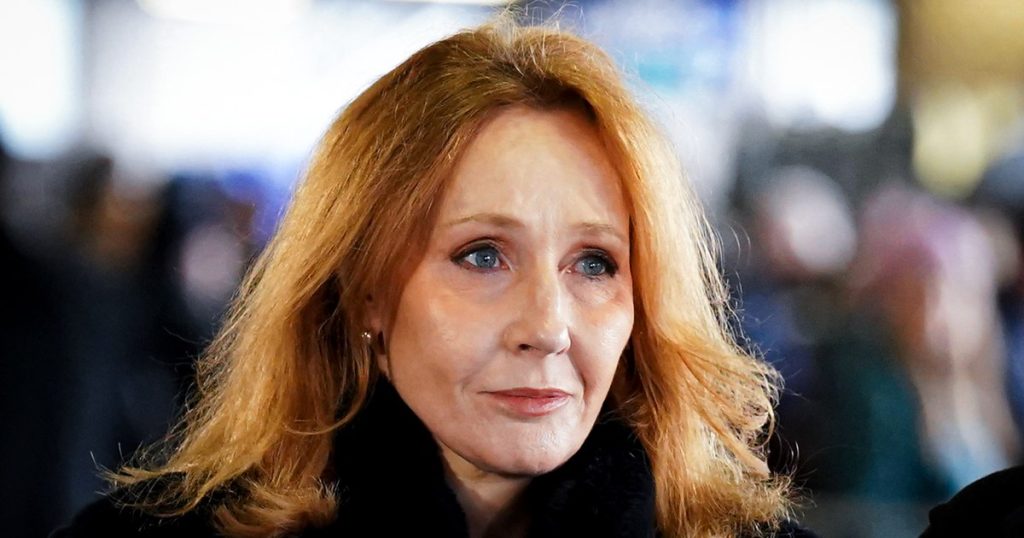J.K. Rowling faced criticism for misgendering several transgender women and implying that transgender women have a propensity for sexual predation in a social media thread shared on the day a new Scottish hate-crime law came into effect. The Scottish police announced they would not be investigating Rowling’s remarks as a crime, despite calls from her critics. The new Hate Crime and Public Order Act in Scotland criminalizes “stirring up hatred” against individuals based on their race, religion, disability, sexuality, or gender identity. Rowling expressed concerns that the legislation could be abused by activists seeking to silence those advocating for women’s rights and the recognition of biological sex.
Rowling also tested the new law by sharing images of 10 transgender women, referring to them all as men, and suggesting potential criminal consequences for her actions. She doubled down on her criticisms of the law and celebrated the police’s decision not to prosecute her. The author has been facing backlash for years for her comments about transgender individuals, including questioning the increase in young people coming out as transgender and alleging that trans women pose a threat of sexual violence to cisgender women in various spaces. She emphasized the importance of being able to accurately describe biological sex and criticized the restriction of freedom of speech and belief, particularly in Scotland.
One of the transgender women Rowling mentioned criticized her actions and called for the police to protect the trans community by making prosecutions. British Prime Minister Rishi Sunak declined to comment on Rowling’s remarks specifically but criticized the new Scottish law as a violation of free speech, stating that individuals should not be criminalized for expressing common sense views on biological sex. Sunak himself has faced criticism for mocking the Labour Party’s stance on the definition of a woman, particularly in the presence of the mother of a murdered trans teenager in Parliament. The controversy surrounding Rowling’s comments and the response to the new Scottish hate-crime law highlight ongoing debates and tensions regarding transgender rights and free speech in the United Kingdom.
Overall, the situation involving J.K. Rowling’s comments, the new Scottish hate-crime law, and reactions from various individuals underscores the complex and contentious nature of discussions surrounding transgender rights, free speech, and gender identity in society. The clash between concerns about protecting marginalized communities and upholding individual freedoms, as well as the challenges of navigating differing viewpoints on contentious issues, continues to pose significant challenges in public discourse and legislation. The case of Rowling and the diverging responses to her comments reflect broader debates over the appropriate balance between protecting the rights of marginalized groups and ensuring freedom of expression for all individuals, particularly in the context of evolving perspectives on gender and identity in contemporary society.


